The ACDSi study is the oldest longitudinal study in Slovenia that focuses on children and adolescents aged 6 to 18, and collects the data on the secular trends of their physical fitness, somatic development, physical activity, motivation and self-image, health status and social environment that influences these trends.
The study is encompassing a five-decades research tradition on a nationally representative sample in the same distinctive urban, industrial and rural environments which have themselves been experiencing profound transformation processes that affected the everyday life of children and youth. The ACDSi includes large samples of children and youth of different ages, making it possible to analyse the relation between the developmental changes in physical fitness and somatic growth, and numerous determinants that affect them.
The study is unique in its sentinel approach to the researched phenomena with classic as well as technologically advanced non-invasive measurements, which can be reproduced in other epidemiological studies.
In its fifth round, the ACDSi will obtain the standard data, gathered also in its previous rounds, that will enable the analysis of secular trends, but it will, for the first time, gather also the data on current and childhood somatic development and physical fitness of parents, living in the same local environments.
In addition, we will utilise a novel approach to studying physical activity patterns by objective monitoring of physical activity of the entire family.
For the first time, the ACDSi study will utilise the cohort data from the national SLOfit surveillance system to get the insight into individual longitudinal developmental patterns of children and youth that led to the developmental outcomes, identified by the ACDSi data. Simultaneously, the childhood SLOfit data of parents will for the first time be compared to the SLOfit data of their children to establish the similarities and differences in their developmental curves of somatic and fitness development.
Due to dramatic declines in physical fitness and similarly increasing obesity prevalence during covid-19 pandemic, the combination of the SLOfit and ACDSi data will enable us to assess the actual extent of lifestyle changes in children and youth, and support holistic, targeted, and well planned response to avoid future health risks, lower work efficiency and lower quality of life of contemporary children and youth.
Within the ACDSi project we are also going to develop new feedback tools for the existing My SLOfit web application to further develop the support for the life-long monitoring of physical fitness in Slovenia.
The continuation of the ACDSi study is, therefore, an opportunity to continue the incredible tradition of studying children’s development in Slovenia but also an opportunity to use the new SLOfit information system to combine the cross-sectional data with cohort data, and to obtain new and accurate data, based on new accelerometric and bioimpedance technology.











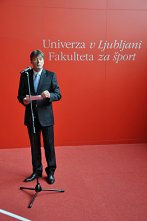



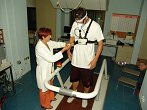
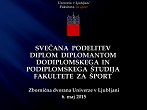



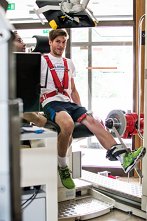

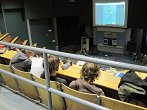









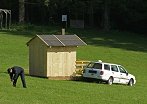


.png)